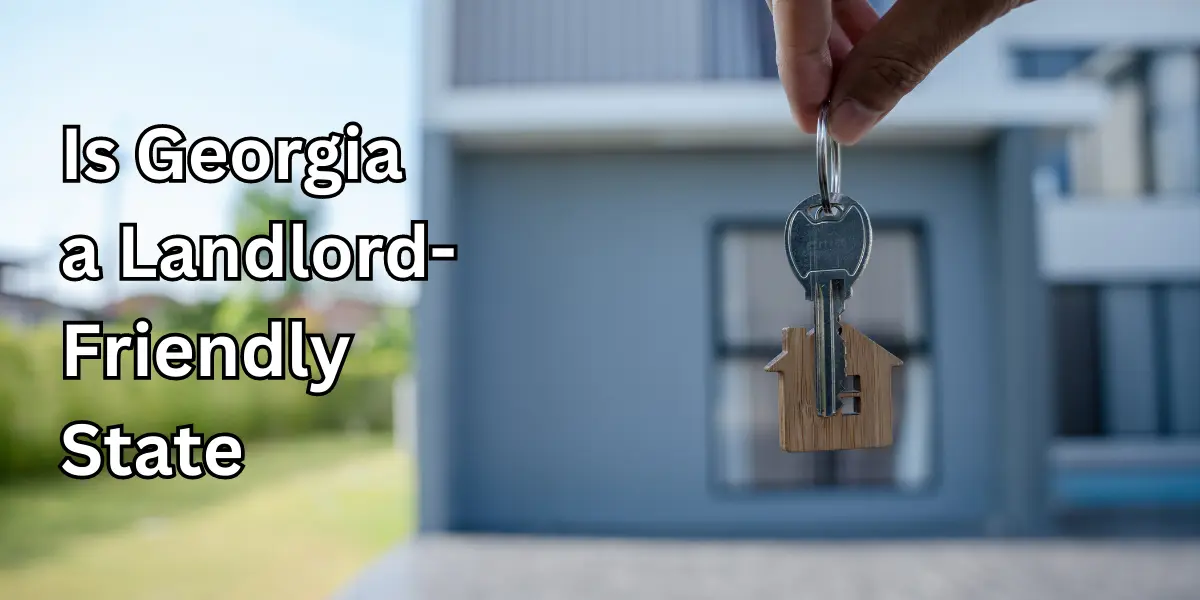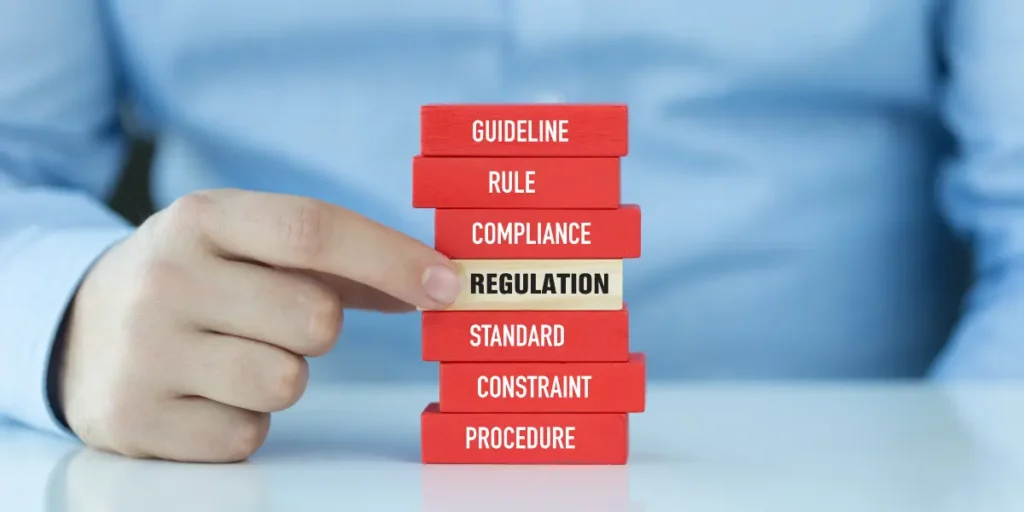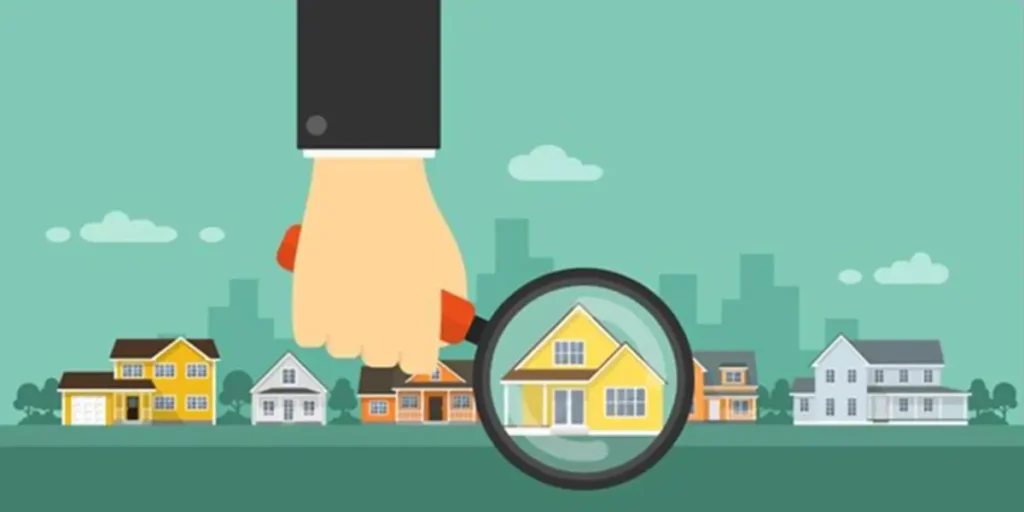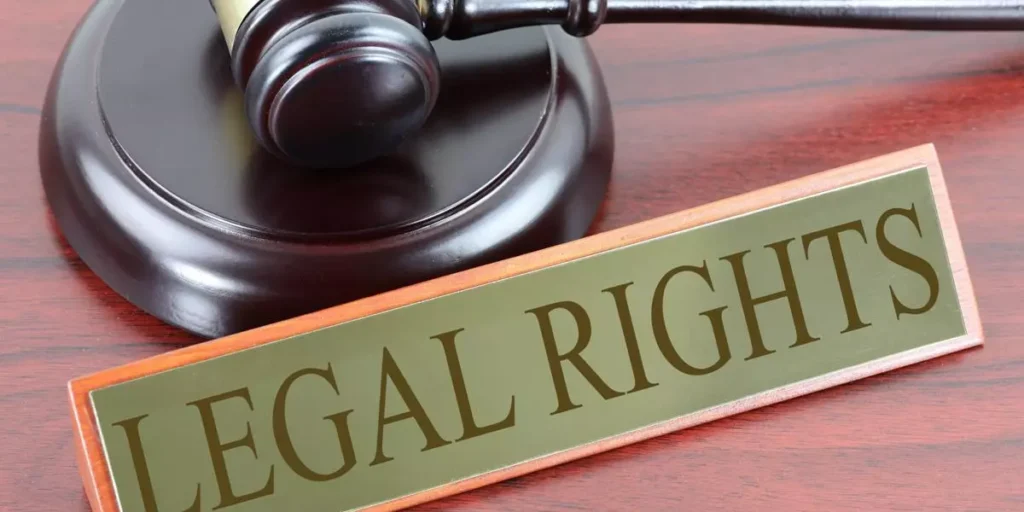Is Georgia a Landlord Friendly State? – Rental Awareness
Yes, Georgia is considered a landlord-friendly state with laws that favor landlords over tenants. Georgia is known for having a landlord-friendly legal system, which means that landlords have more power and advantages over tenants.
This blog is poised to dissect that. Straightforward and light on jargon, it offers valuable insights you may not find elsewhere. Let’s delve in, shall we?

The Current Situation Of Rental Laws In Georgia
Georgia is known as the peach state, but what many people might not know is that it’s also a remarkably landlord-friendly one. Let’s explore the current situation for rental laws in Georgia:
Overview Of The State’s Landlord-Tenant Laws
Georgia’s landlord-tenant laws are relatively straightforward, providing consistent and clear guidelines for both parties. Here are some key points to bear in mind:
- Georgia law allows tenants to break leases if they provide 60 days’ notice and pay a fee (typically two months’ rent).
- Security deposits are limited to one month’s rent, and landlords are required to return them within one month after a tenant moves out.
- Landlords can legally charge late fees, but they are not permitted to charge excessive amounts.
- Evictions are relatively quick and easy in Georgia, often taking only a few weeks to process.
Key Regulations Affecting Landlord Operations
Several laws in Georgia specifically affect landlord operations. Here are some of the most significant:
- The state’s fair housing act prohibits discrimination against tenants on the basis of race, ethnicity, religion, and more.
- Landlords must ensure that their rental properties are safe and habitable for tenants.
- Georgia law requires landlords to give tenants reasonable notice (usually 24 hours) before entering a rental property for non-emergency reasons.
- All rental properties in Georgia must meet certain building codes related to health and safety.

Benefits Of Being A Landlord In Georgia
Georgia offers several benefits to landlords, including:
- A relatively low cost of living compared to other states, which translates into cheaper property values and more affordable real estate investments.
- A booming real estate market in major cities like Atlanta, which makes rental properties a particularly lucrative option.
- Favorable tax laws for landlords, including incentives for property owners who hire local contractors and make energy-efficient upgrades to their properties.
Overall, Georgia is a landlord-friendly state with clear and consistent laws that protect both landlords and tenants. If you’re considering investing in rental properties, it’s worth exploring what the peach state has to offer.
Analysis Of Georgia’s Tenant-Landlord Relationship
Are you thinking about becoming a landlord in Georgia? It’s essential to understand the tenant-landlord relationship and rental laws in the state.
Georgia is known for having a landlord-friendly approach compared to other states.
Let’s delve into the key points that analyze Georgia’s tenant-landlord relationship.

How Georgia Rental Laws Compare To Other States
Each state has unique rental laws that landlords and tenants must adhere to. Georgia has its own laws to protect both parties.
Here’s how Georgia’s rental laws compare to other states:
- Georgia allows landlords to charge a security deposit equal to two months of rent, which is higher than other states like Hawaii that limit security deposits to one month’s rent.
- Georgia sets no limit on how much landlords may charge for late fees, but Arizona and Nevada cap late fees at 5% of the rent.
- When a tenant breaches a lease agreement, Georgia landlords have seven days to issue a written notice to pay or quit. Other states like California allow tenants three days to pay or quit.
- Georgia has no statute on the minimum notice period for a landlord to enter a tenant’s property without permission, while states like Washington require a 48-hour notice period.
- Understanding The Legal Rights And Responsibilities
There are legal rights and responsibilities that landlords and tenants must adhere to in Georgia. It’s crucial to understand these to avoid disputes.
Here are some of these legal rights and responsibilities:
- Landlords must provide safe and habitable property to their tenants. They must also make necessary repairs.
- Tenants must keep the property clean and orderly and pay rent on time.
- Landlords must provide written notice before entering a tenant’s property, except in emergencies.
- Tenants have the right to terminate a lease agreement if the property is uninhabitable, such as a lack of heat or water.
- Landlords have the right to keep all or a portion of the security deposit if the tenant causes damage beyond normal wear and tear.
- Tenants have the right to dispute a landlord’s decision to keep their security deposit in court.

Common Issues That Landlords Face In Georgia And How To Deal With Them
Landlords in Georgia may face challenges that affect their rental business. Knowing how to handle these common issues can lead to better relationships with tenants and more successful rental businesses. Here are some common issues and how to deal with them:
Late rent payments
Landlords can charge late fees and issue a demand for payment if tenants fall behind on rent payments.
Property damage
Landlords can use the security deposit to cover tenant damage beyond normal wear and tear.
Evictions
Landlords must follow proper eviction procedures and issue a court order to remove a tenant from their property.
Lease violations
Landlords can issue written notices for lease violations and terminate the lease if the tenant doesn’t comply.
Frequently Asked Questions For Is Georgia A Landlord Friendly State
What Are The Landlord-Tenant Laws In Georgia?
Georgia has specific laws regarding tenant rights, eviction procedures, and security deposit regulations.
Can A Landlord Evict A Tenant Without A Reason In Georgia?
A landlord cannot evict their tenant without a legal reason, such as non-payment of rent or lease violation.
What Are The Requirements For A Landlord To Withhold A Security Deposit In Georgia?
A landlord in Georgia can withhold a security deposit for unpaid rent, property damage, and cleaning fees, with proper documentation.
How Long Does It Take To Evict A Tenant In Georgia?
The eviction process in Georgia typically takes 30-60 days, depending on the reason for eviction and any legal challenges that may arise.
Conclusion
Sure, Georgia balances both landlords’ and tenants’ rights but leans towards being more landlord-friendly. You’ll find eviction processes quicker, and less restrictive regulations.
So, if you’re considering being a landlord in Georgia, you’re likely to have an edge. Remember, understand the laws to enjoy these benefits.